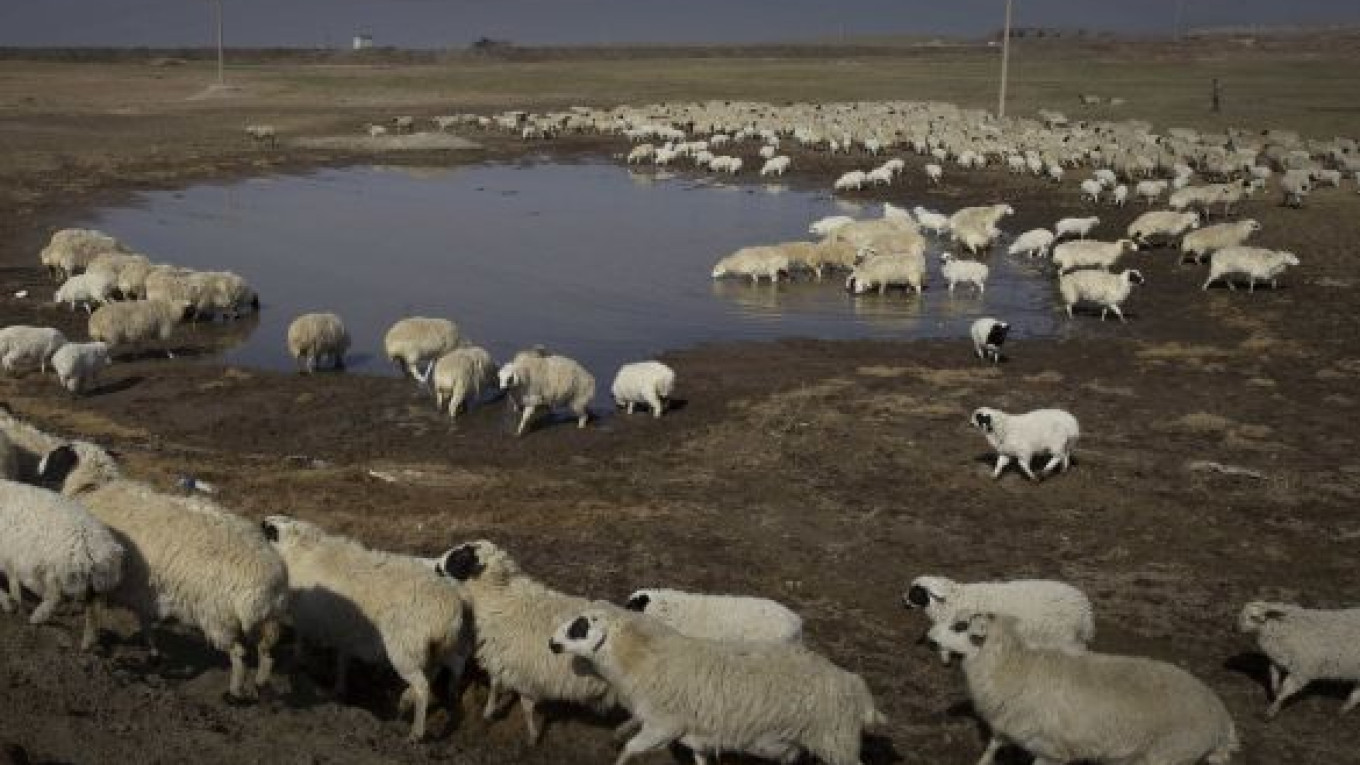ULAN BATOR, Mongolia — While Norov Altanhuyag of the Mongolian Democratic Party takes over as prime minister in a transfer of power that began this month, the key risk for mining firms — the engines of economic growth for the country — remains the influence of resource-nationalist lawmakers.
Until and unless the new coalition government sends signals that it is in favor of foreign investors and does not intend to renegotiate key contracts or pass legislation to limit foreign ownership of mineral deposits, these firms will be wary of making big new commitments to the country.
The priority for Mongolia is the development of its tiny but fast-growing economy, and foreign investors want to know if the government can create a stable legal environment while pleasing its impatient citizens as well as its two giant neighbors, Russia and China.
Former President Nambar Enkhbayar, chief of the Mongolian People’s Revolutionary Party, had been a key figure in an environment of increasing hostility, at least outwardly, toward foreign mining corporations. In early August, he was jailed for four years for corruption.
He had targeted the contract for Rio Tinto’s giant Oyu Tolgoi copper and gold project and also said the 7.5-billion-ton Tavan Tolgoi coal mine should remain in Mongolian hands.
The government wants to launch a $3 billion initial public offering of the Tavan Tolgo, or “Five Hills,” coal deposit. State-owned Erdenes Tavan Tolgoi had been planning to list 29 percent of the company in London and Hong Kong by May, but it cannot do so until Mongolia’s parliament passes a securities law.
An initial proposal to hand development rights in the project to China’s Shenhua, Peabody of the United States and a Russian-Mongolian consortium was suspended, and while the government is trying to find a way to include Japanese and South Korean partners.
In mid-May, Mongolia’s parliament passed a controversial law aimed at capping foreign ownership in strategic industries such as mining, but investors expressed relief that the legislation was weaker than first anticipated.
The ownership law says foreign investors are allowed to own a maximum of 49 percent of companies involved in the mining, finance, media and telecommunications sectors before being subject to scrutiny by a government panel, but it now applies only to deals valued at above 100 billion tugrik ($73.66 million) or ones involving state-owned companies.
Many of Mongolia’s 2.7 million citizens are concerned about growing Chinese and Russian influence.
China already dominates Mongolia’s economy, buying 90 percent of the country’s exports in the first half of 2011, though the government wants to bring this number down and diversify Mongolia’s markets.
Mongolia’s reliance on Russia and China for fuel, power and transportation also poses a major risk to its mining sector. Russia has been known to turn off supply taps, and China is not averse to closing crucial railway links.
Though the country plans to build its own railway capable of transporting coal to foreign markets, Mongolia now depends on Russia’s rail network to deliver coal to Japan and South Korea.
A Message from The Moscow Times:
Dear readers,
We are facing unprecedented challenges. Russia's Prosecutor General's Office has designated The Moscow Times as an "undesirable" organization, criminalizing our work and putting our staff at risk of prosecution. This follows our earlier unjust labeling as a "foreign agent."
These actions are direct attempts to silence independent journalism in Russia. The authorities claim our work "discredits the decisions of the Russian leadership." We see things differently: we strive to provide accurate, unbiased reporting on Russia.
We, the journalists of The Moscow Times, refuse to be silenced. But to continue our work, we need your help.
Your support, no matter how small, makes a world of difference. If you can, please support us monthly starting from just $2. It's quick to set up, and every contribution makes a significant impact.
By supporting The Moscow Times, you're defending open, independent journalism in the face of repression. Thank you for standing with us.
Remind me later.


